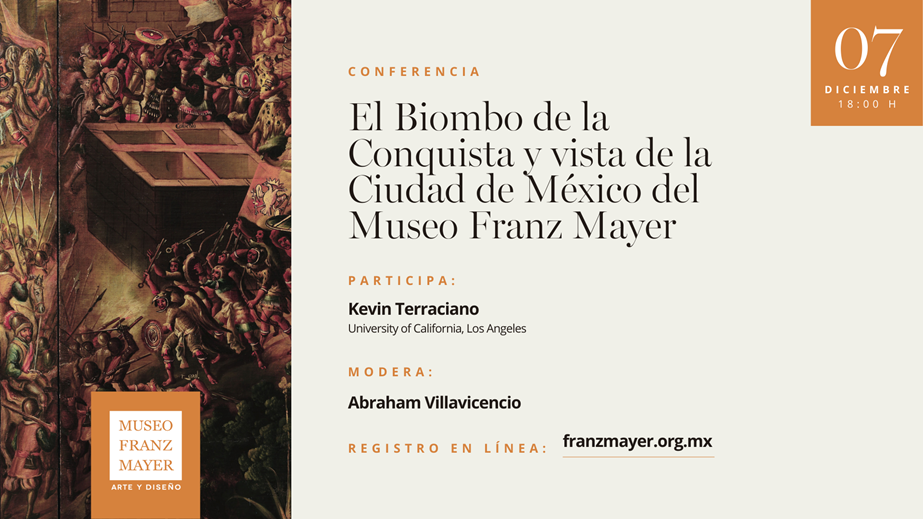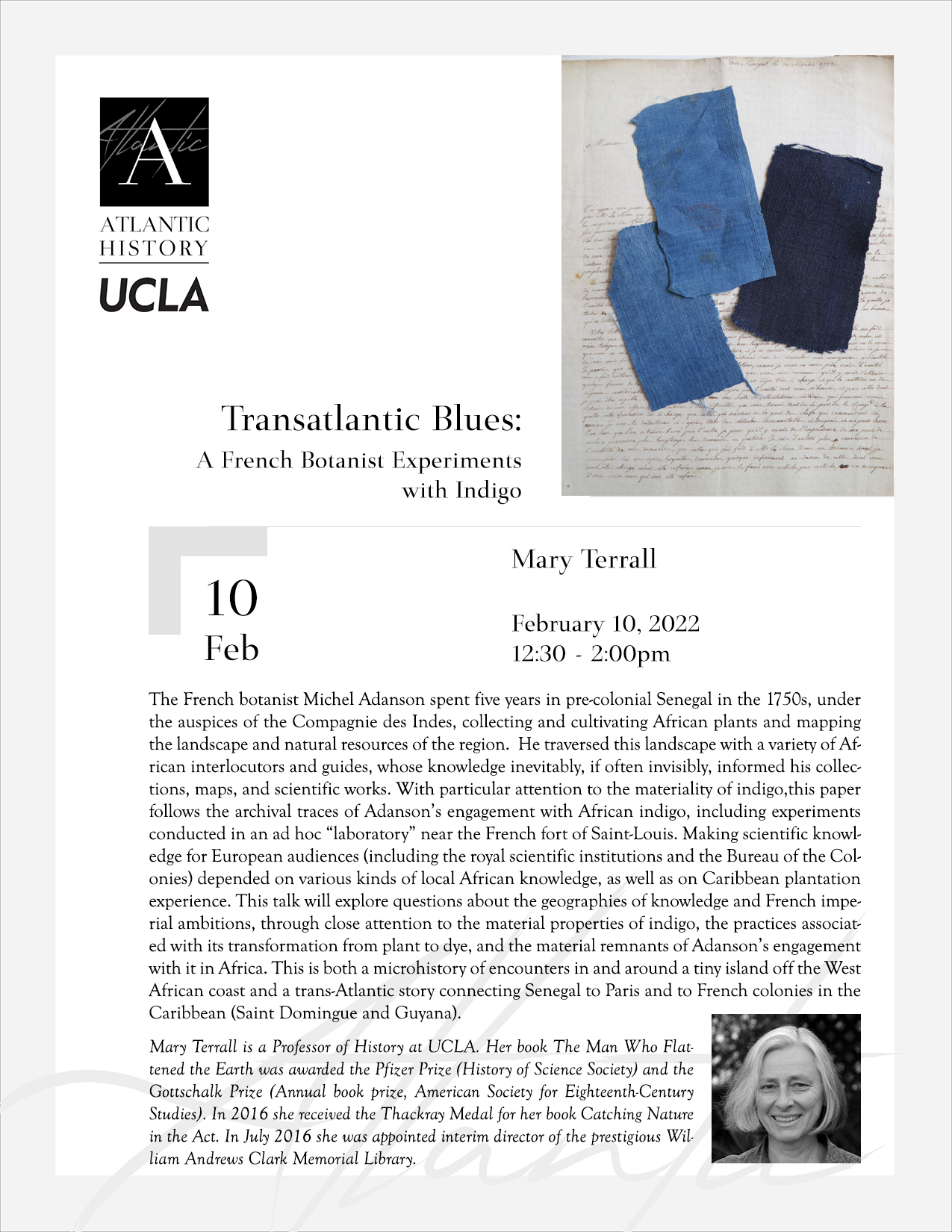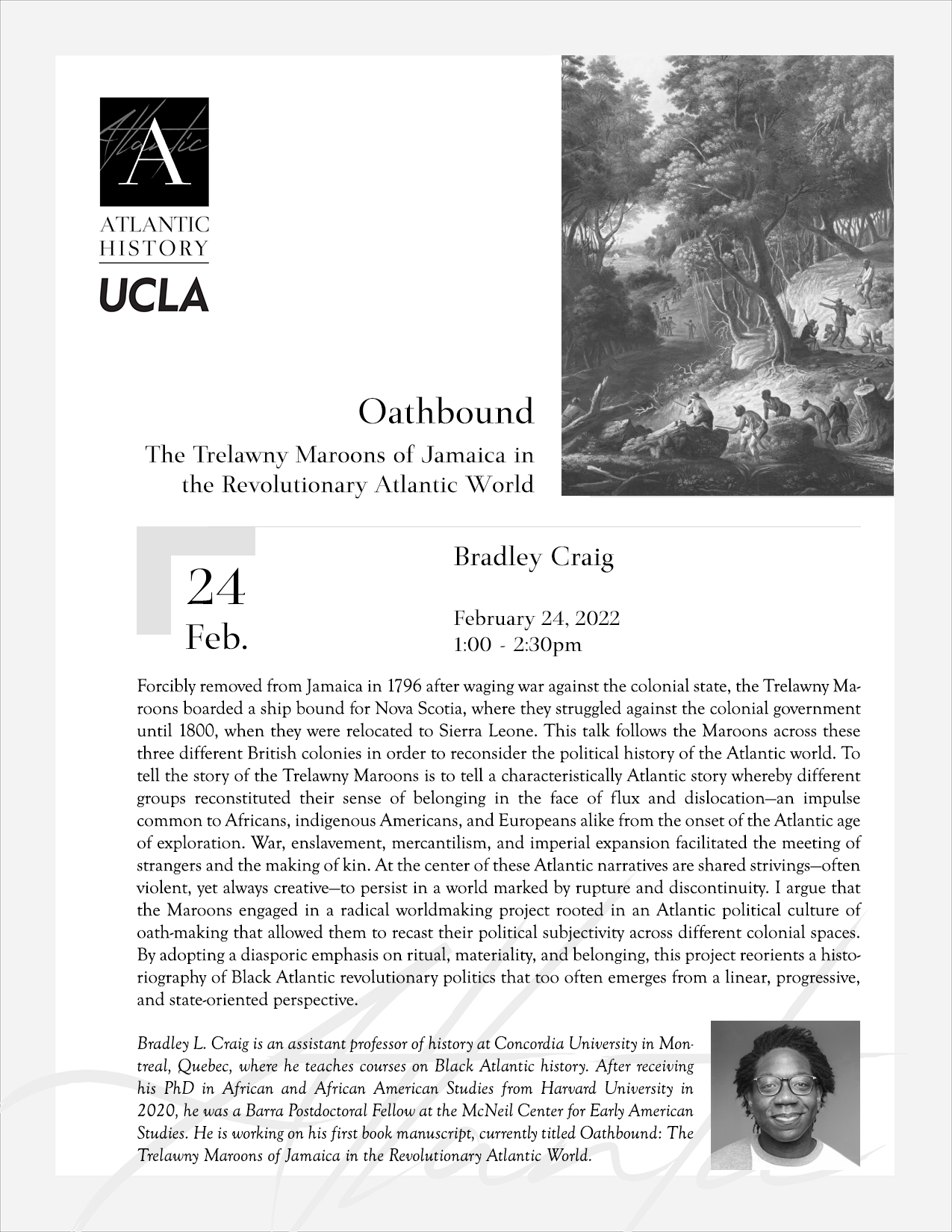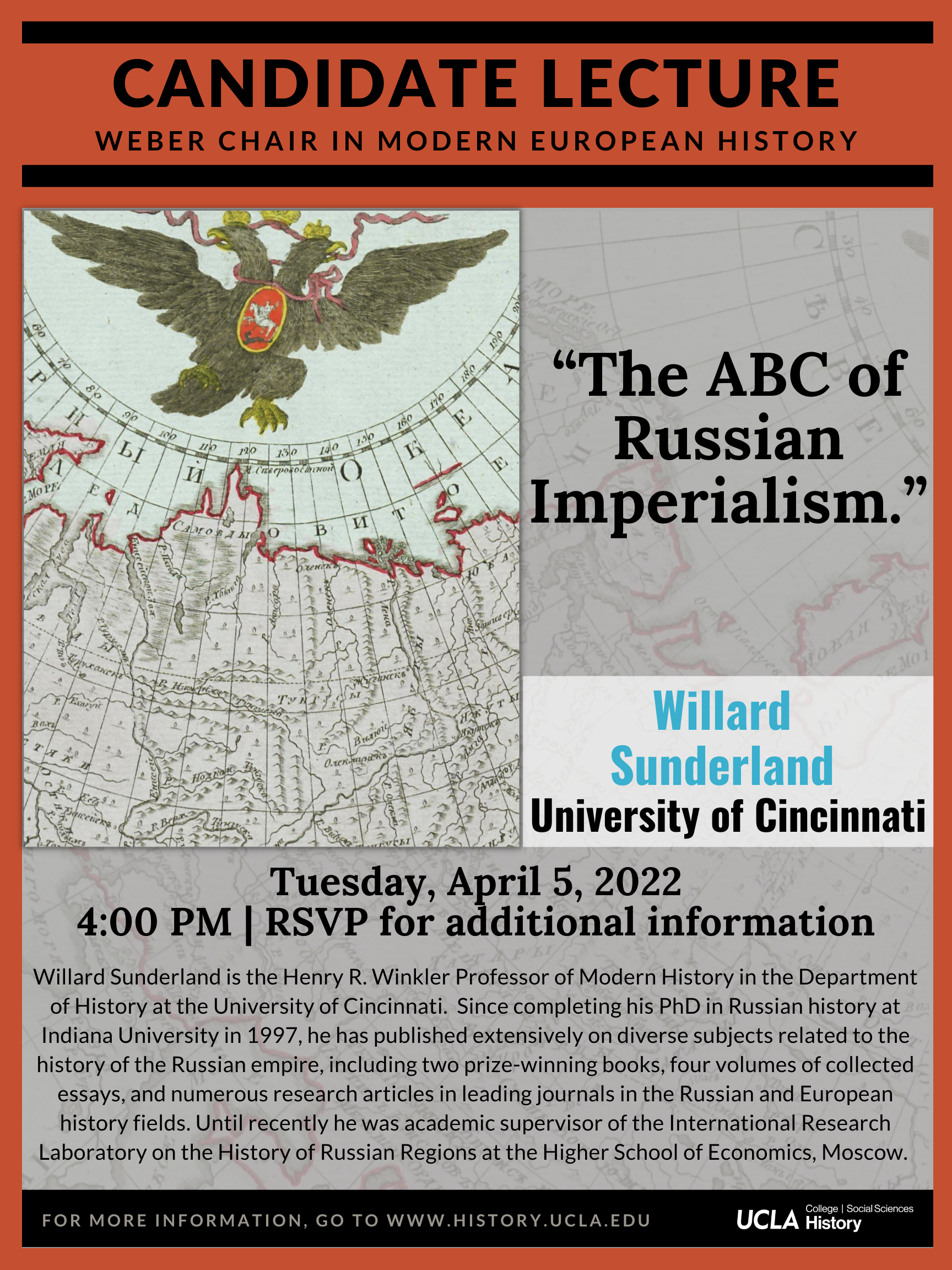
El Biombo de la Conquista y vista de la Ciudad de Mexico del Museo Franz Mayer
ZoomThe presentation will be held in Spanish. Register here!

The presentation will be held in Spanish. Register here!
"Industrial Accumulations: Microbes and Materials in Motion in the Late Nineteenth Century" Beginning in the latter half of the nineteenth century, across Western Europe, North America, and regions of the globe colonized by European nations, lines of scientific inquiry on the etiology of infectious diseases and the efficacy of industrial fermentations converged with longer-standing academic […]
"From ‘Boxes’ to Containers: Containerization, Post-colonial East and SEAsia, and Re-evaluating Technology Transfer (1950-1973)" When the United States became involved in the Korean War, its primary mechanism for conveying personal goods to the scene was the Transporter, a leftover from World War II, and the CONEX (Container Express) box, a predecessor to the more recent […]

In this presentation I explore how the dense vectors of material culture and spirit possession established in the crucible of the modern era continue to inform the decisions of millions of west Africans as they navigate everyday realities at home and abroad. In the first half of this talk, I explore emerging themes in “fetish […]
“A Global Enlightenment: Western Progress and Chinese Science.” The idea of progress frames our modern understanding of understanding itself. It offers a historical account of the development of knowledge in space and time, with the natural sciences serving as both its mark and guarantor. This account has a distinctive history all of its own. Historians […]
POSTPONED: Anthony Grafton's talk scheduled for February 9th 4-6PM has been postponed to Spring Quarter. More information will be provided in the future.

The French botanist Michel Adanson spent five years in pre-colonial Senegal in the 1750s, under the auspices of the Compagnie des Indes, collecting and cultivating African plants and mapping the landscape and natural resources of the region. He traversed this landscape with a variety of African interlocutors and guides, whose knowledge inevitably, if often invisibly, informed his collections, […]

Forcibly removed from Jamaica in 1796 after waging war against the colonial state, the Trelawny Maroons boarded a ship bound for Nova Scotia, where they struggled against the colonial government until 1800, when they were relocated to Sierra Leone. This talk follows the Maroons across these three different British colonies in order to reconsider the […]
EUROPEAN COLLOQUIUM TALK BY WEBER POSTDOCTORAL SCHOLAR, BRIAN GRIFFITH This paper analyzes the struggles between the Italian winemaking and brewing industries over the shaping of bourgeois Italian tastes and habits during the interwar decades. During the early 1920s, Fascist Italy’s Industrial Wine Lobby began unveiling a wide range of public relations and collective marketing campaigns, which were aimed at forging new […]
“Polio, Adventism, and Rehabilitation Medicine in Los Angeles.” Rancho Los Amigos was founded during the late nineteenth century as a poor farm but became a rehabilitation hospital for iron lung patients during Los Angeles’s 1950s polio epidemics. Following the polio vaccination campaigns, researchers received federal funding to test Rancho’s concept of care on other chronic […]
April 4 Devon Golaszewski (Loyola Marymount, LA) “Medicalizing Childbirth in Post-Colonial Mali: Uterine Stimulant Drugs as Techno-Medical Tools and Social Cures" By the 1970s, uterine stimulant and oxytocic drugs such as Pitocin and Methylergometrine were widely used to manage childbirth in Mali. Rural maternity wards stocked these drugs to stop post-partum hemorrhage and to speed […]

A Weber Chair In Modern European History recruitment talk. RSVP: https://forms.office.com/r/JAUpUCWi8t